Best 5 Axis CNC Machining Services
High-quality 5 axis CNC machining services for complex shapes, tight tolerances,
and custom finishes, meeting your exact design and production requirements.
- Accesses hard-to-reach areas without custom fixturing.
- Achieves tight tolerances up to ±0.005mm for critical components.
- Multi-axis movement reduces repositioning, saving time and cost.
What is 5 Axis CNC?

5-axis CNC machining is a advanced manufacturing process that uses computer numerical control (CNC) to move a workpiece or cutting tool along five distinct axes simultaneously: three linear axes (X, Y, Z) for basic positioning, plus two rotational axes (A, B, or C) for angled cutting.
Unlike traditional machining, this multi-axis movement eliminates the need for repeated workpiece repositioning, enabling seamless fabrication of complex, 3D geometries (e.g., curved surfaces, undercuts, or intricate cavities).
It is ideal for parts requiring high precision, such as aerospace components, medical implants, and custom industrial parts, as it reduces setup time, minimizes human error, and ensures uniform cutting across the entire workpiece.
Benefits:
- Increased efficiency shortens production lead times.
- Produces intricate shapes and undercuts in a single setup.
- Delivers smoother finishes with less need for post-processing.
What is Surface Finishing?
Surface finishing is the final step in manufacturing that improves both the visual appeal and functional performance of CNC machined parts. It involves applying a range of processes—mechanical, chemical, or electrochemical—to modify the outer layer of a component.
For CNC machined parts, finishing is more than just aesthetics. It ensures the part performs reliably in demanding environments while also meeting design and branding requirements.
Surface finishing is essential because it:
- Increases durability – Extends service life by enhancing wear resistance
- Protects against corrosion – Shields metals from moisture, oxidation, and chemicals
- Improves appearance – Provides smooth textures, polished surfaces, or vibrant colors

3 Axis vs. 5 Axis Machining Comparison
Understanding the differences between 3-axis and 5-axis CNC machining technologies is crucial for selecting the right manufacturing process for your project.
| Aspect | 3-axis Machining | 5-axis Machining |
|---|---|---|
| Complexity | Simple parts with basic geometries | Complex, organic shapes and contours |
| Setups | Multiple required for complex parts | Single setup for most parts |
| Precision | Good for simple parts | Excellent for complex geometries |
| Time Efficiency | Longer for complex parts | Faster for complex parts |
| Cost Efficiency | Lower for simple parts | More cost-effective for complex parts |
| Surface Finish | May require additional finishing | Superior finish with fewer operations |
| Tool Access | Limited angles of approach | Virtually unlimited angles of approach |
| Labor Requirements | More manual intervention needed | Minimal manual intervention |
| Ideal Application | Flat surfaces, simple contours | Complex surfaces, organic shapes |
Advantages of 5-Axis Machining
- Single setup reduces errors and saves time
- Superior surface finish on complex geometries
- Ability to machine complex parts in one operation
- Improved tool life due to optimal cutting angles
- Higher accuracy for intricate designs
- Reduced need for specialized fixtures
Limitations of 3-Axis Machining
- Multiple setups increase error risk
- Limited ability to create complex geometries
- Additional finishing often required
- Longer production time for complex parts
- Higher labor costs for complex projects
- Difficulty machining deep cavities and undercuts
Material Options for Custom 5-Axis Parts
We work with a wide range of engineering-grade materials to meet your specific application requirements for strength, weight, and thermal resistance.
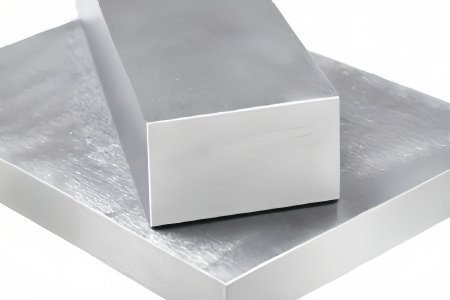
Aluminum Alloy
Lightweight, excellent machinability, and corrosion resistance. Ideal for aerospace, automotive, and electronics.
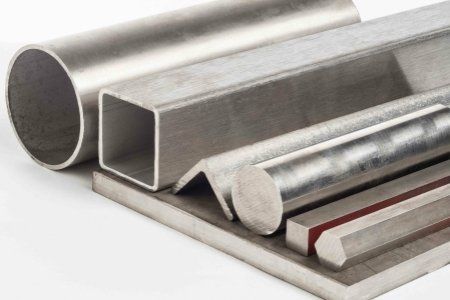
Stainless Steel
High strength, corrosion resistance, and durability. Perfect for medical, food processing, and marine industries.
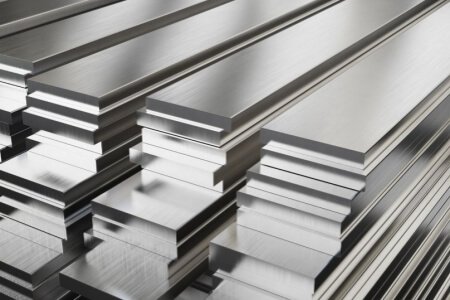
Steel
Strong, cost-effective, and versatile. Used in heavy-duty applications and structural components.
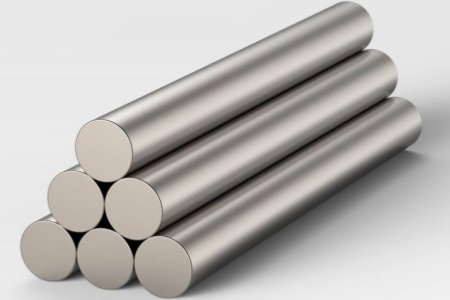
Titanium Alloy
Excellent strength-to-weight ratio and biocompatibility. Common in aerospace, medical, and high-performance parts.
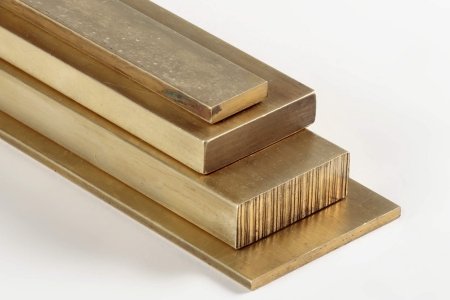
Brass
Good machinability, corrosion resistance, and electrical conductivity. Suitable for decorative and electrical components.
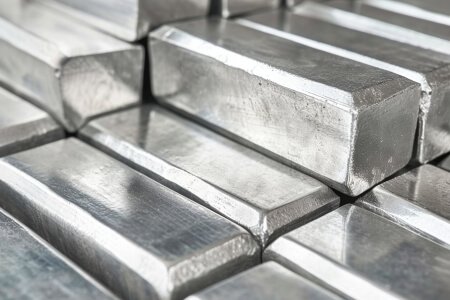
Magnesium Alloy
Ultra-lightweight metal with good strength and heat dissipation. Ideal for automotive and aerospace applications.

ABS
Affordable and easy to machine. Great for prototypes and consumer product housings.
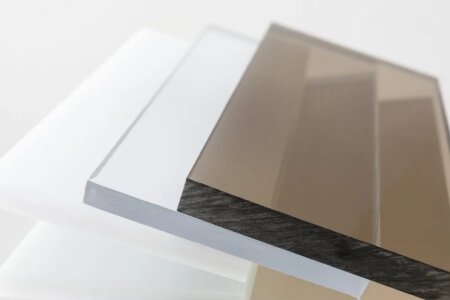
Polycarbonate (PC)
High impact resistance and transparency. Commonly used for optical and electronic components.

POM
Excellent wear resistance and dimensional stability. Ideal for gears, bearings, and precision components.
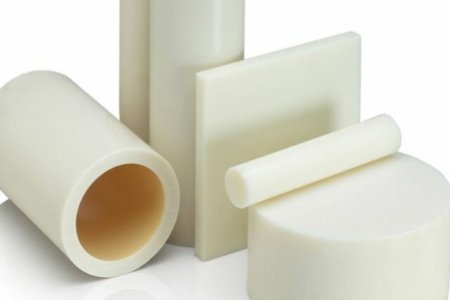
Nylon
Tough, wear-resistant, and low friction. Used in mechanical components and industrial parts.

PEEK
High-performance plastic with excellent thermal and chemical resistance. Suitable for aerospace and medical applications.
Surface Treatments in 5 Axis CNC Service
As Machined

Bead Blasting

Uses high-pressure air to propel small abrasive beads (e.g., glass, ceramic) onto the part surface. Creates a uniform, matte or textured finish (e.g., satin) while removing burrs or surface defects. Suitable for aluminum, steel, and titanium parts where a non-reflective surface is desired.
Anodizing

An electrochemical process that creates a thin, protective oxide layer on metal surfaces (most commonly aluminum). It improves corrosion resistance, adds color (e.g., black, silver, red), and enhances wear resistance. Ideal for consumer electronics, automotive trim, and aerospace parts.
Electroplating

Deposits a thin layer of metal (e.g., chrome, nickel, gold) onto the part surface via an electric current. Enhances conductivity (gold for electronics), corrosion resistance (nickel), or aesthetic appeal (chrome). Used for electrical components, decorative parts, and medical devices.
Electropolishing

An electrochemical finishing process that removes a thin layer of metal from the part surface to create a smooth, shiny, and ultra-clean finish. Unlike mechanical polishing, it works uniformly—even on complex geometries (e.g., intricate cavities, threaded holes) that are hard to reach with tools.
Brushed Finish

A brushed finish involves polishing the surface with abrasive belts or brushes to create a linear texture. It reduces glare, hides minor scratches, and provides a modern, aesthetic look. Common applications include consumer electronics, kitchen equipment, and automotive trim.
Powder Coating

Applies a dry powder (polyester, epoxy) to the part surface, then cures it with heat to form a durable, uniform coating. Offers excellent corrosion resistance, color variety, and impact resistance. Suitable for steel, aluminum, and magnesium parts (e.g., automotive frames, outdoor equipment).
Laser Engraving

Uses a high-powered laser to etch text, logos, or serial numbers onto the part surface. Creates permanent, high-precision markings without damaging the part. Ideal for branding, part identification (e.g., medical device serials), or decorative details on metals and plastics.
Capabilities of 5-Axis CNC Machining
Our state-of-the-art 5 axis CNC machining centers provide unparalleled capabilities for manufacturing complex precision parts across various industries.
Complex Geometries
Machine undercuts, deep cavities, contoured surfaces, and organic shapes in a single operation without repositioning the workpiece. This capability is essential for aerospace components, medical implants, and complex molds.
Tight Tolerances
Achieve tolerances as tight as ±0.0002″ (±0.005mm) for precision applications in aerospace, medical, and defense industries. Our advanced machines and rigorous quality control ensure consistent results.
High-Speed Machining
Optimize cutting parameters for reduced cycle times while maintaining superior surface finish and dimensional accuracy. Our machines can operate at spindle speeds up to 30,000 RPM for optimal efficiency.
5 Axis CNC Machining Design Guidelines
For optimal results in 5-axis machining, follow these design guidelines to ensure manufacturability, reduce costs, and improve part quality:
Maintain Uniform Wall Thickness
Where possible, maintain consistent wall thickness to prevent distortion and ensure dimensional stability during machining. Recommended minimum wall thickness is 0.5mm for metals and 1.0mm for plastics.
Ensure Tool Access
Design features to allow adequate tool access, especially for deep cavities and internal features. Consider the length-to-diameter ratio of cutting tools when designing deep pockets or channels.
Use Fillets Instead of Sharp Corners
Incorporate radii instead of sharp corners to accommodate the round cutting tools and reduce stress concentrations. Internal corners should have a radius at least 0.5mm or 1/3 of the cavity depth.
Consider Feature Size
Ensure that small features are not too deep relative to their width to enable proper machining. The general rule is that feature depth should not exceed 4 times its width for milling operations.
Why Choose 5-axis Machining With HRC?
At HRC, we are committed to delivering high-precision CNC 5 axis machining services that meet the toughest industry standards. With advanced technology and an experienced engineering team, we provide reliable solutions from prototyping to large-scale production.
Proven Expertise – Extensive experience in aerospace, medical, automotive, and industrial applications.
State-of-the-Art Equipment – Modern 5-axis machining centers and CAD/CAM systems capable of handling complex geometries and tight tolerances.
Material & Process Versatility – Support for a wide range of metals and plastics, along with surface finishing, coating, and assembly services.
Strict Quality Control – ISO-certified processes, CMM inspection, and advanced testing to ensure consistent quality.
Flexible Production – Fast turnaround for prototypes, small batches, and mass production without compromising accuracy.
Engineering Support – Expert advice on design for manufacturability (DFM) to optimize part performance and reduce costs.
By choosing HRC, you gain a reliable manufacturing partner who provides precision, efficiency, and consistent quality at every stage of your project.

Get Started with Your CNC Machining Project
Starting your 5-axis machining project with HRC is simple and straightforward. Follow these steps to get your parts manufactured quickly and efficiently:

Upload Design
Share your 3D CAD files (STEP, IGES, SLDPRT) and 2D drawings

Receive Quote
Get a detailed quote with pricing and lead time within 24 hours

DFM Analysis
Our engineers provide design optimization suggestions

Order Approval
Review and approve the final quote and production plan

Production
We machine, finish, and inspect your parts with precision
FAQs About 5-axis CNC
What are the advantages of using a 5 axis CNC mill?
A 5 axis CNC mill offers improved accuracy, reduced setup times, and the ability to produce highly complex shapes. It is particularly useful in aerospace, medical, and automotive industries where tight tolerances and intricate designs are required.
What is a 5 axis CNC machine and how does it work?
A 5 axis CNC machine can move a cutting tool or workpiece along five different axes simultaneously. This capability allows for machining complex geometries, curved surfaces, and detailed features in a single setup, reducing time and improving precision.
Can I use a desktop 5 axis CNC for small-scale projects?
Yes. A desktop 5 axis CNC is designed for prototyping, education, and hobbyist projects. While it has smaller cutting capacities compared to industrial machines, it’s ideal for lightweight materials and precision model making.
What industries benefit the most from 5 axis CNC milling?
5 axis CNC milling is widely used in aerospace, automotive, medical device manufacturing, and mold making. These industries require intricate, high-quality components that benefit from reduced fixturing and precise multi-axis cutting.
How does CNC machining 5 axis differ from 3 axis machining?
CNC machining 5 axis offers greater flexibility because the cutting tool can approach the workpiece from multiple angles, reducing setups and improving surface finishes. In contrast, 3 axis machines are limited to linear X, Y, and Z movements.
What are 5 axis milling services and when should I choose them?
5 axis milling services are professional machining solutions that use advanced multi-axis equipment to produce complex parts. You should choose them when your project requires high accuracy, faster turnaround, and reduced material waste.
What should I look for in 5 axis machining center manufacturers?
When choosing 5 axis machining center manufacturers, it’s important to consider factors such as machine accuracy, rigidity, control system performance, and after-sales support. A reliable manufacturer ensures consistent precision, longer machine life, and stable production capacity for demanding projects.
What’s the difference between 5 axis routing services, 5 axis turning, and 5 axis CNC parts production?
5 axis routing services are ideal for cutting plastics, composites, wood, and light metals with high precision.
5 axis turning is used for cylindrical parts, allowing rotation while machining across multiple axes.
5 axis CNC parts production involves creating custom, complex components that meet tight tolerance requirements across different industries.
